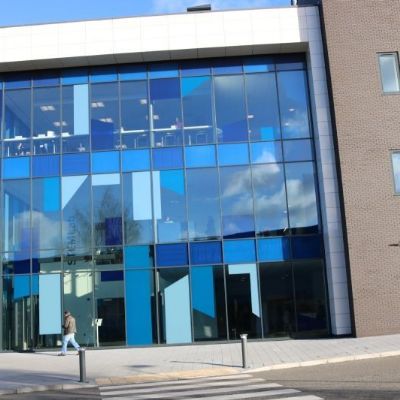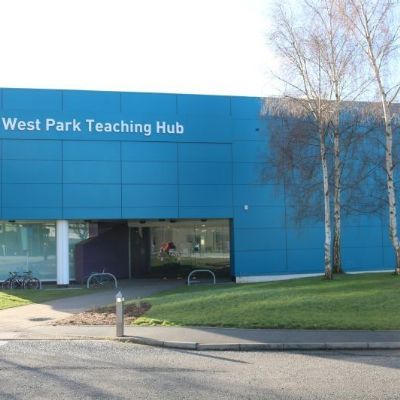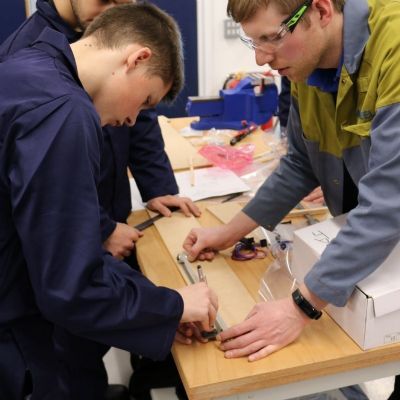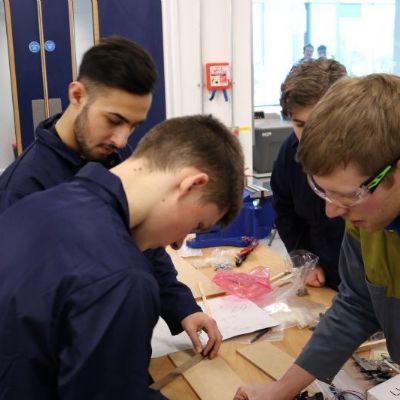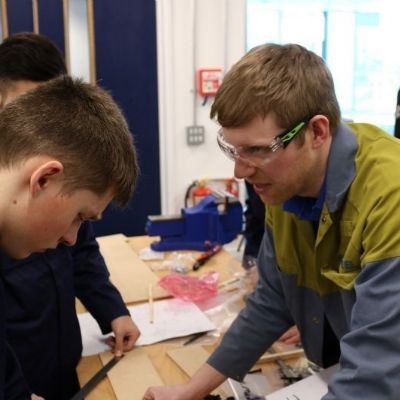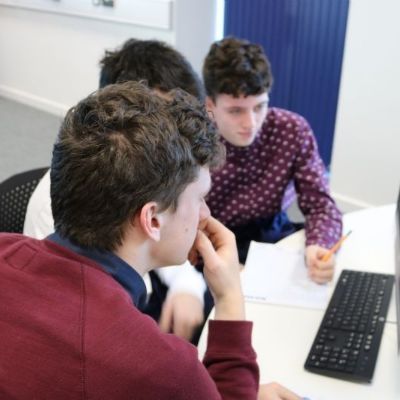History
Curriculum Intent:
Our curriculum is based on developing a passion for history through the development of subject specific knowledge and skills which can be transferred into the world of employment, making our students the most employable in Corby. We intend to lay the foundations of a secure knowledge base whilst embedding the skills required to thrive at AQA GCSE and A Level History via our KS3 programme of study. We aim to teach a chronological, knowledge rich, overview of British, European and World History, such as the Norman Conquest, French Revolution and American War of Independence, to help students discover things from the past that will inform them about the world they live in today, through examining the key themes that shape society, ensuring development of our pupil’s cultural capital is expansive throughout the seven-year curriculum. The themes include religion, war and violence, power, economics, and the roles of key individuals. These are the most important as they tie in with our core values and key British values such as democracy, tolerance, and respect. Indeed, they will help to provide for the community we serve and educate pupils in the importance of religion in historical events. These overarching themes provide the framework in which the knowledge can sit and, more importantly, allows students to draw links between different themes, individuals and events which makes the content more memorable.
Furthermore, we will seek to embed a series of second order concepts that will ensure our students make the best progress possible in History. These skills are included as they are recognised by the Historical Association as being the key skills for a pupil to leave a history class with:
Chronology - the arrangement of events or dates in the order of their occurrence.
Cause and consequence – a relationship in history between an event, a condition, or a decision (the cause) and the events or results that follow it (the consequences).
Change and Continuity - Change over time records a change in history and continuity focuses on what stays the same.
Comparison and contrast – comparison in writing discusses elements that are similar, whilst contrast discusses elements that are different.
Source analysis (provenance, purpose, and utility) – the ability to demonstrate an understanding of the elements that contributed to the creation of a historical source.
Interpretation analysis - based around ‘how convincing,’ which focuses on the analysis of content and applying knowledge to analyse the accuracy of secondary accounts.
Our curriculum is not simply a set of encounters from which children form ad hoc memories; it is designed to be remembered in detail; to be stored in our students’ long-term memories so that they can later build on it forming an ever wider and deeper schema. This is because based on Rosenshine’s principles the best way to learn history is through repetition.
We will seek to enrich the experience of our students through cultural visits and trips to key Historical sites. This will also form part of our goals to close the cultural capital gap, due to low social mobility, by ensuring that all students have the opportunities to experience History beyond the classroom which in turn helps build a more informed, resilient, and tolerant citizenry.
